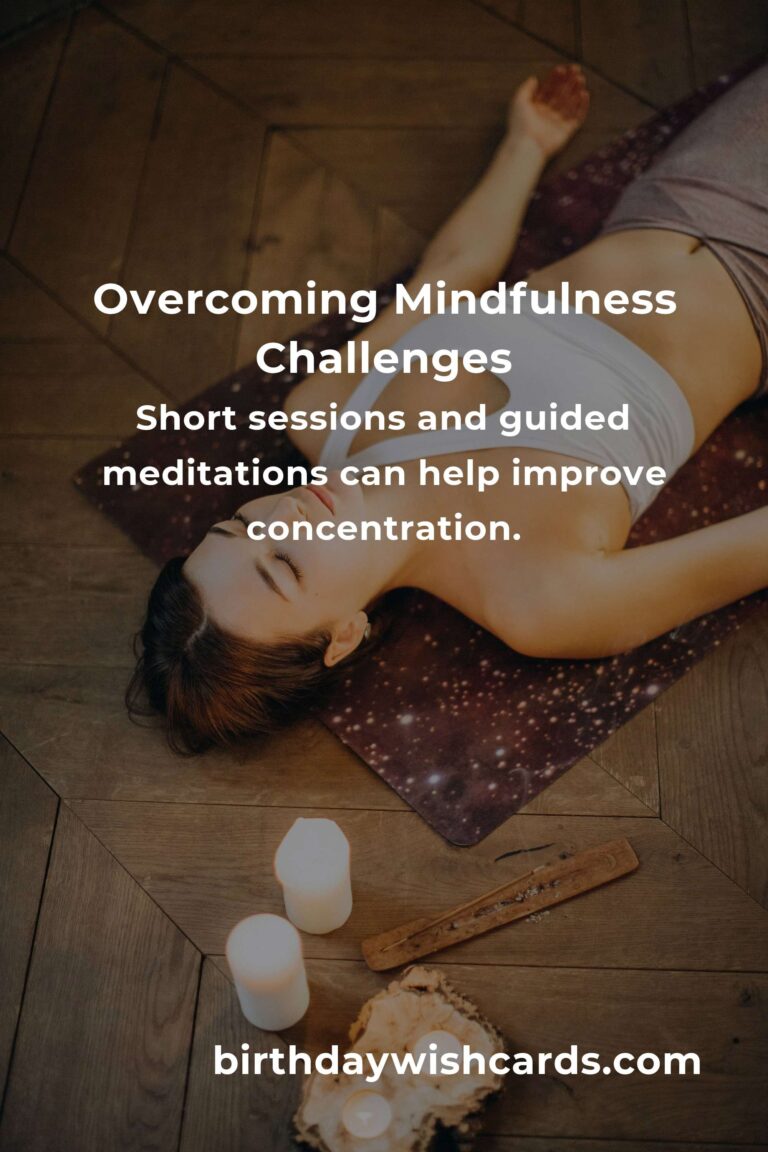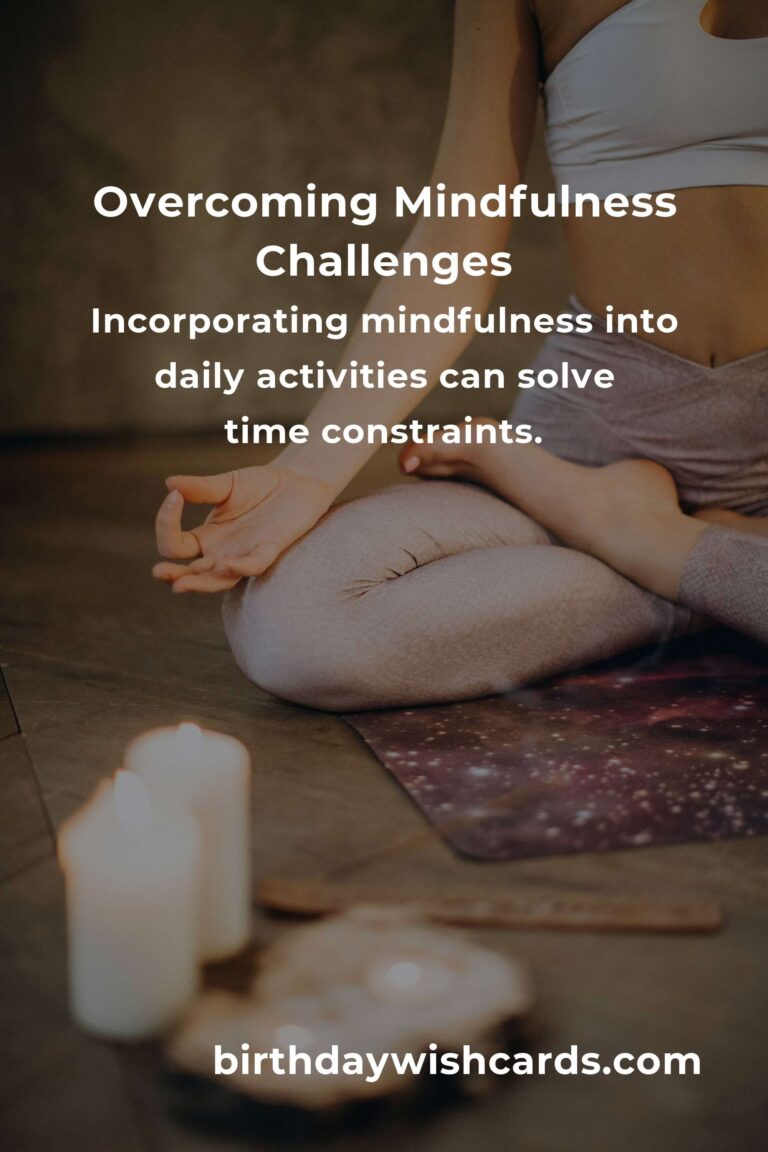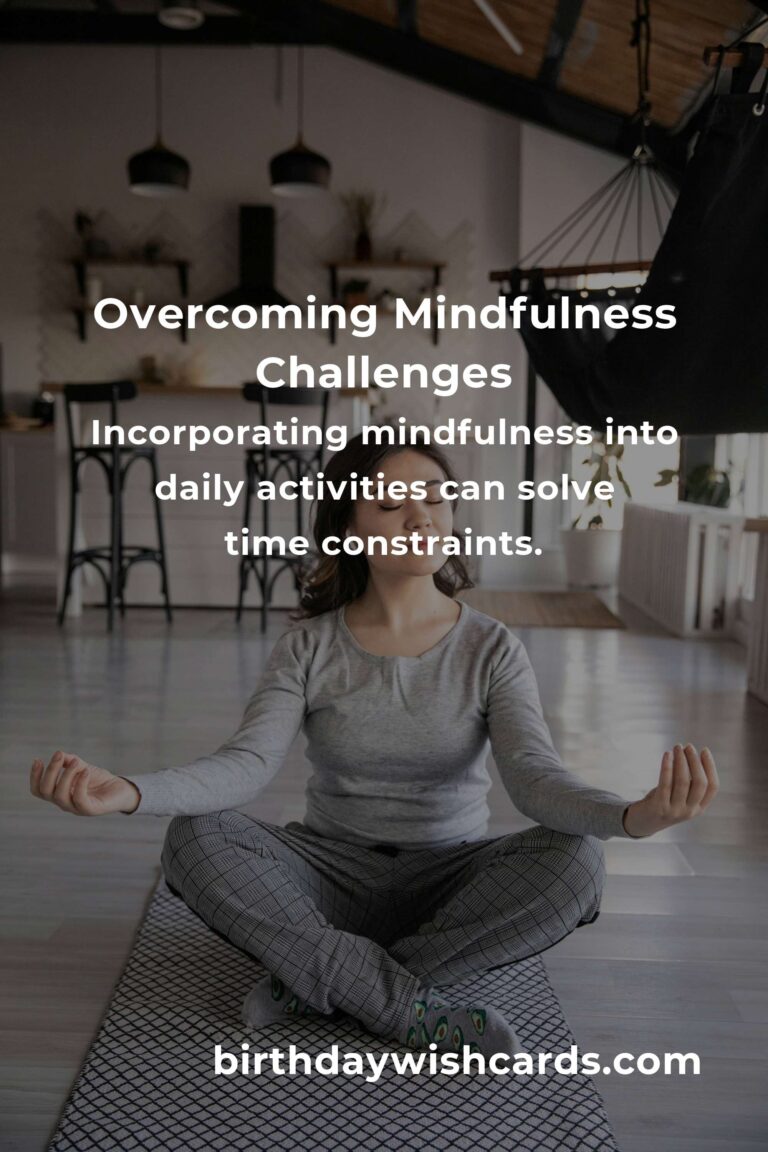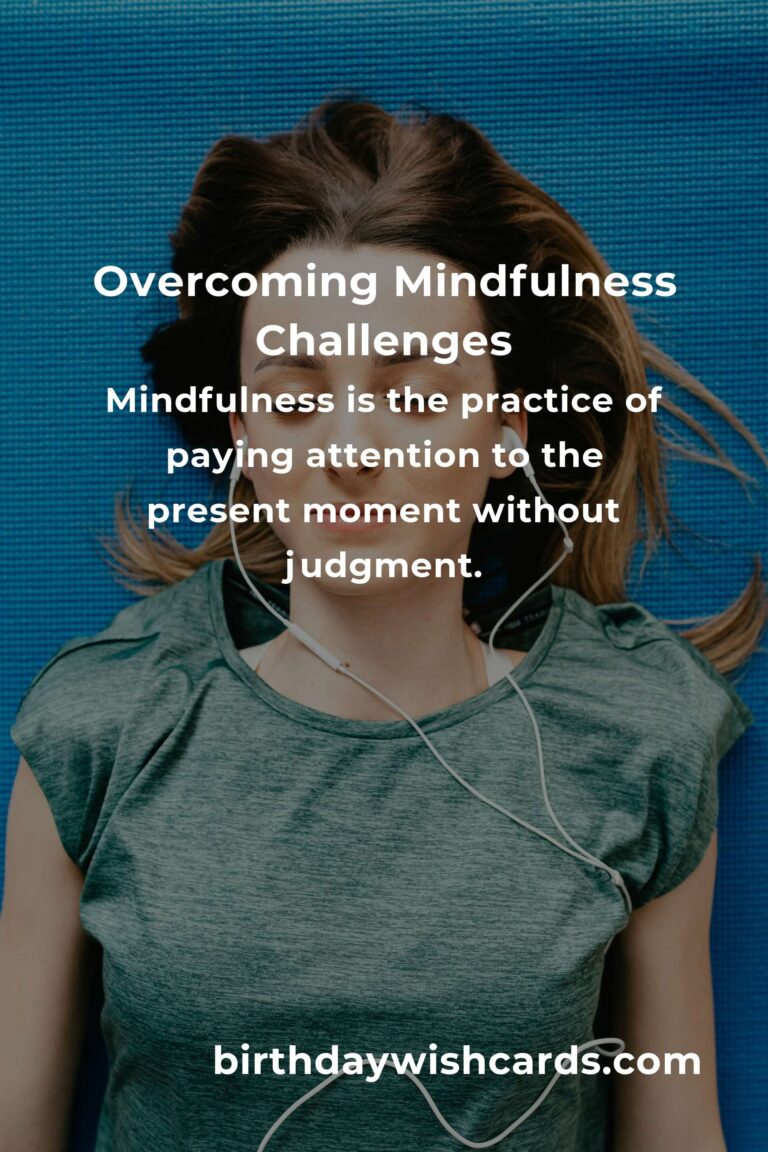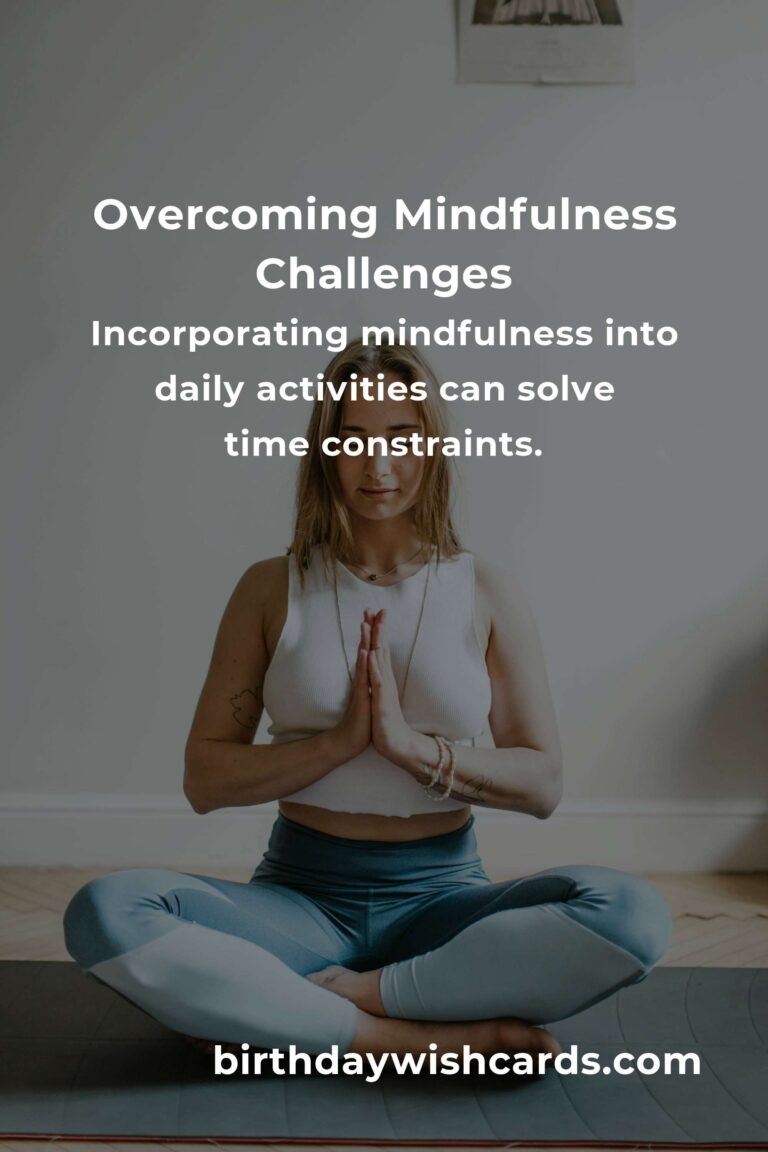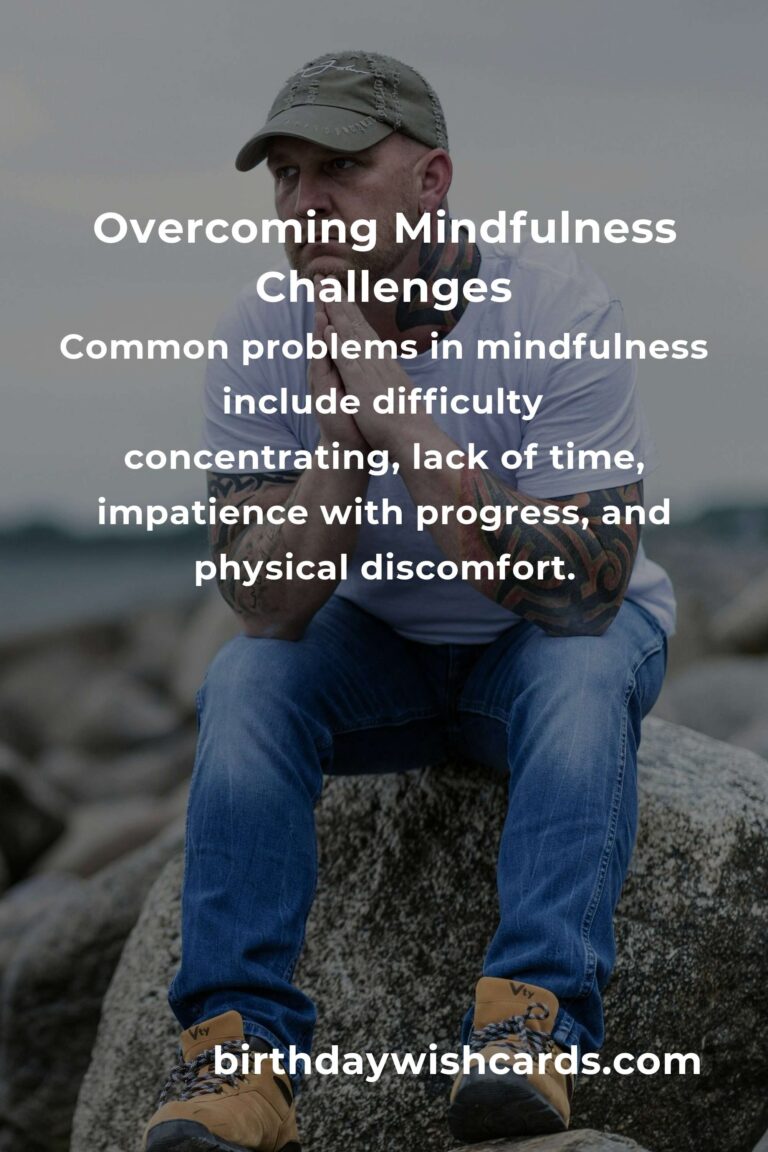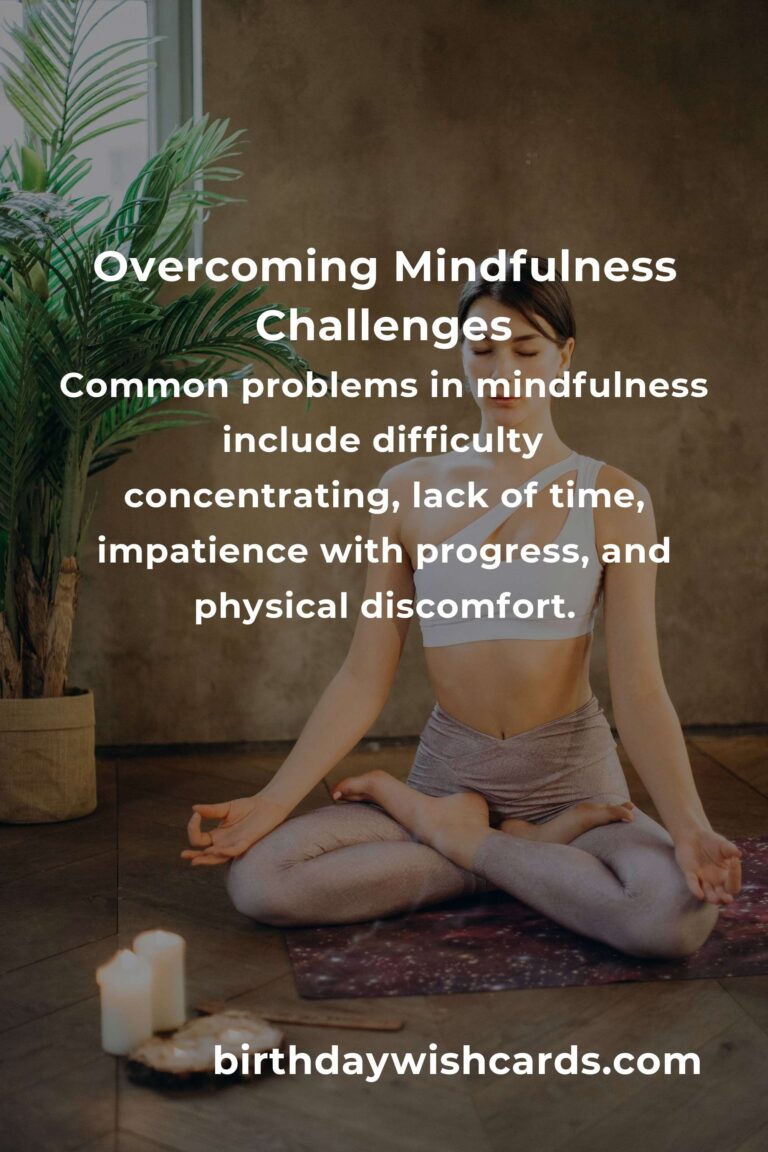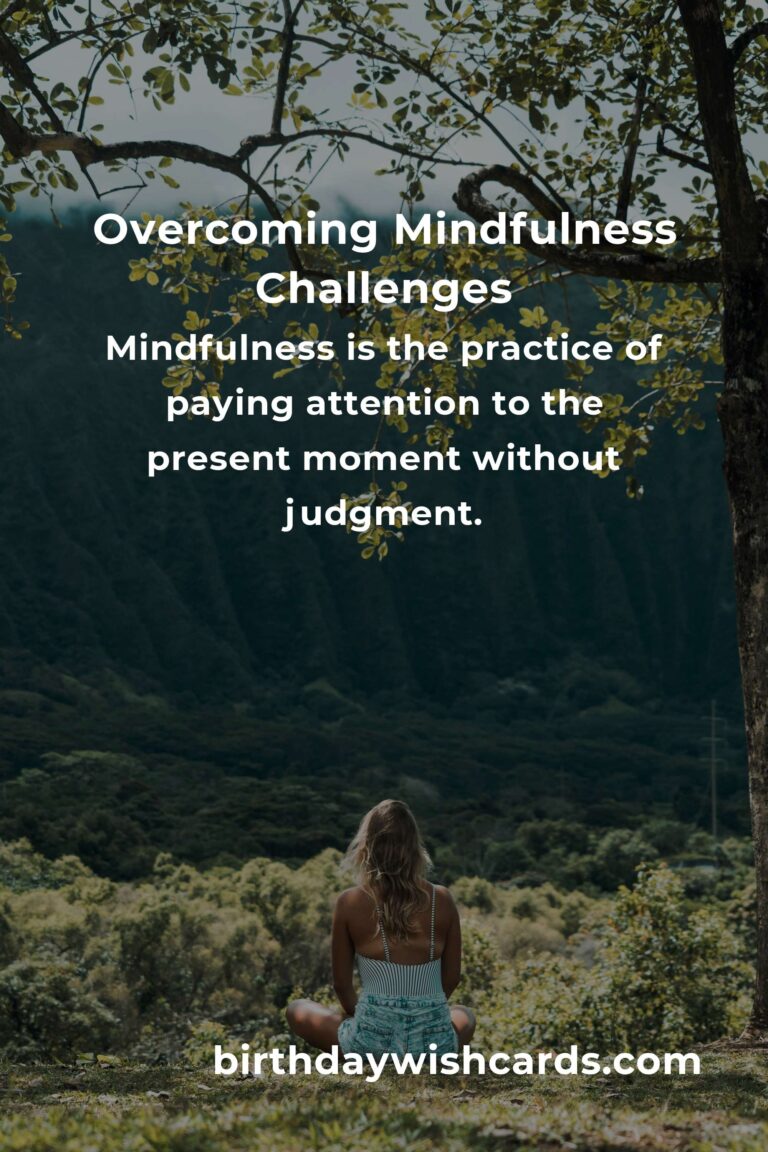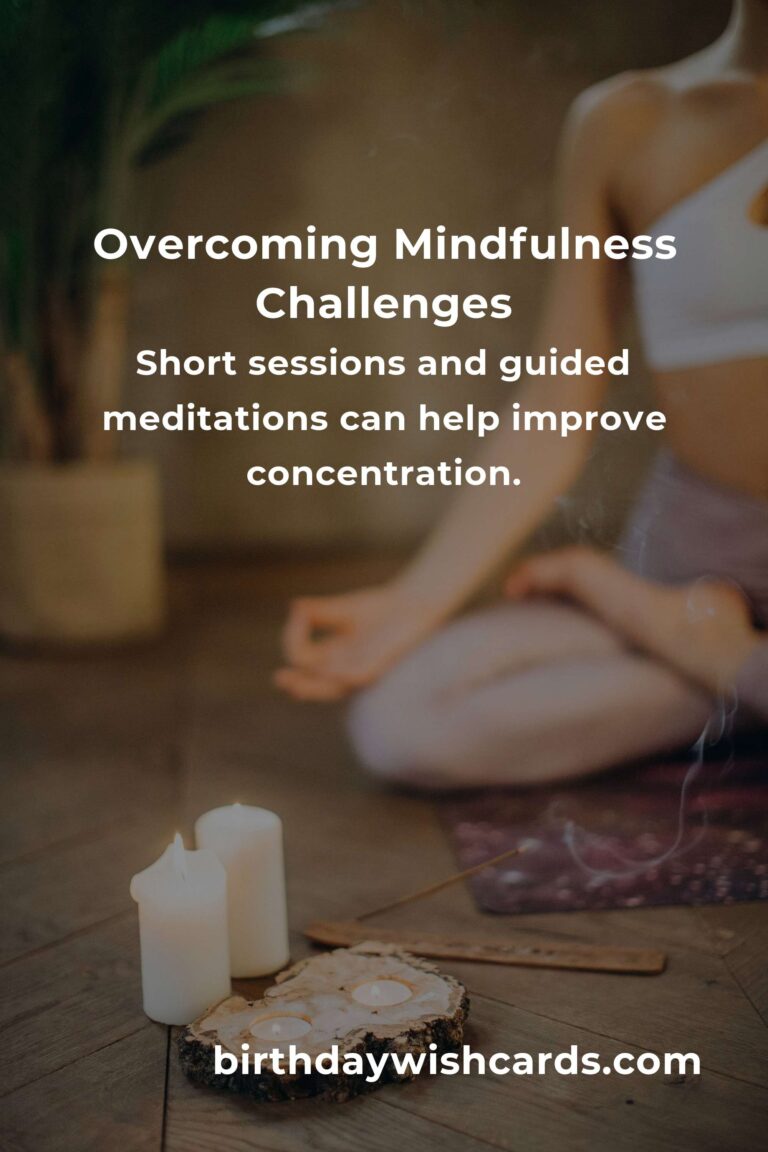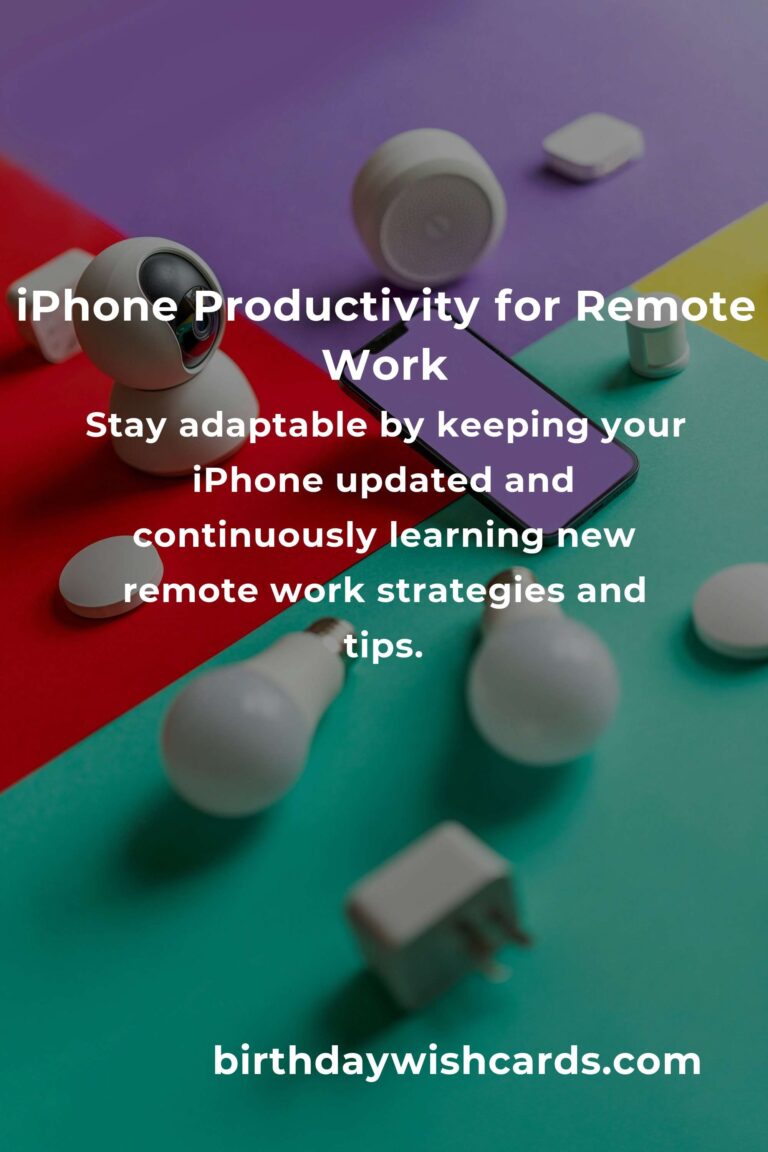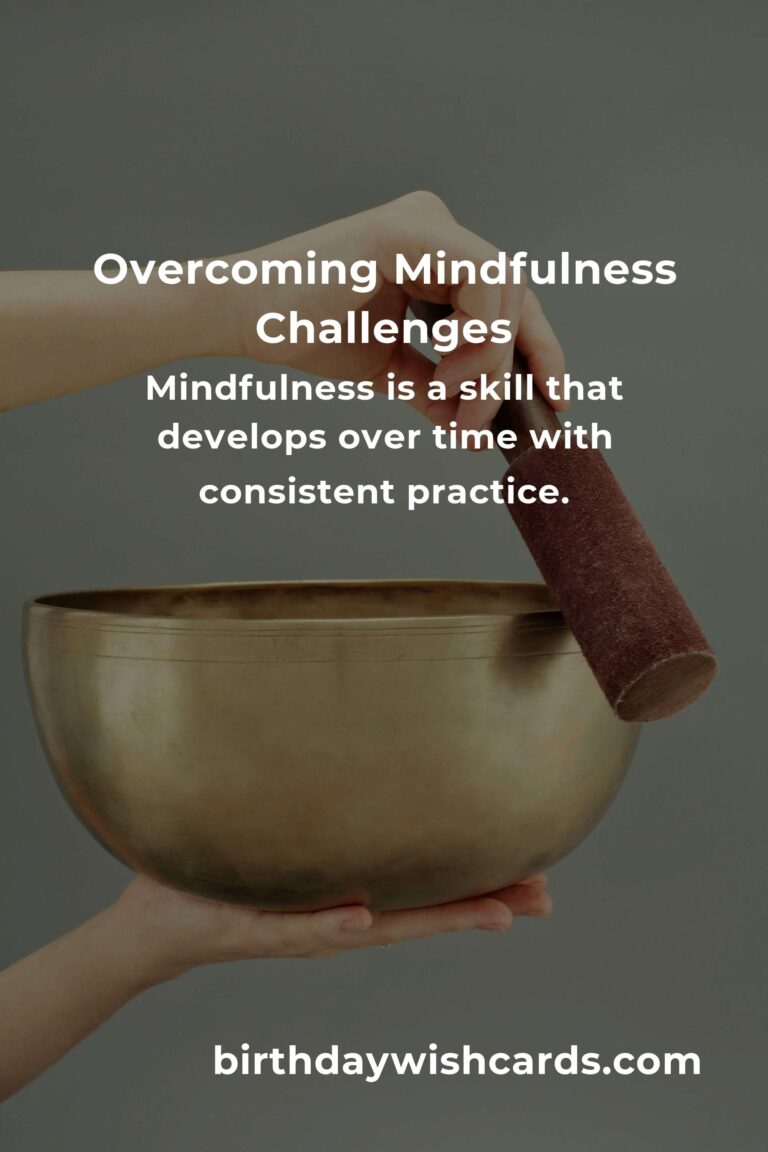
Mindfulness has become a buzzword in recent years, and for good reason. It offers numerous benefits, including reduced stress, improved focus, and greater emotional resilience. However, despite its growing popularity, many people encounter obstacles when trying to establish a mindfulness practice. This guide will explore common problems faced by beginners and how to overcome them effectively.
Understanding Mindfulness and Its Benefits
Before diving into the common problems, it’s essential to understand what mindfulness is. At its core, mindfulness is the practice of paying attention to the present moment without judgment. This simple-sounding practice can profoundly impact one’s mental and physical well-being.
Some key benefits of mindfulness include:
- Reduced stress and anxiety
- Improved concentration and focus
- Enhanced emotional health
- Better sleep quality
- Increased self-awareness
Despite these benefits, many people drop their mindfulness practice due to various challenges. Let’s explore some of these challenges and how to address them.
Common Mindfulness Problems and Solutions
Problem 1: Difficulty in Concentration
One of the most common problems beginners face is difficulty in maintaining concentration during mindfulness sessions. It’s normal for the mind to wander, especially when you’re just starting.
Solution:
Start with short sessions of 5-10 minutes and gradually increase the duration as your concentration improves. Use guided meditations that provide instructions and help keep your mind focused. Remember, it’s okay if your mind wanders. Gently bring it back to the present moment without judgment.
Problem 2: Lack of Time
Many people struggle to find time in their busy schedules for mindfulness practice.
Solution:
Incorporate mindfulness into daily activities such as eating, walking, or even brushing your teeth. These are opportunities to practice being present without needing extra time set aside. Also, schedule a specific time daily for mindfulness, making it as much a priority as other essential tasks.
Problem 3: Impatience with Progress
Some individuals become frustrated when they don’t see immediate benefits from their mindfulness practice.
Solution:
Mindfulness is a skill that develops over time with consistent practice. Set realistic expectations and focus on the process rather than the outcome. Keep a journal to note subtle changes and improvements, which can be motivating.
Problem 4: Physical Discomfort
Staying in one position for a prolonged period can lead to physical discomfort, which can be distracting.
Solution:
Choose a comfortable position that you can maintain without strain. You don’t need to sit cross-legged on the floor; sitting on a chair or lying down are also valid options. Use cushions or blankets for added comfort.
Finding the Right Mindfulness Practice for You
There are various ways to practice mindfulness, including meditation, mindful walking, and mindful eating. Experiment with different techniques to find what resonates with you. Consistency is key, so choose a practice that fits your lifestyle and preferences.
Additionally, consider joining mindfulness groups or classes, either in-person or online. These can provide structure, support, and community, making it easier to stick with your practice.
Conclusion
Mindfulness can be life-changing, but as with any skill, it requires patience and perseverance. By understanding and addressing common problems, you can establish a sustainable practice that enhances your well-being. Remember, the journey to mindfulness is a personal one, and it’s perfectly normal to experience ups and downs along the way.
Mindfulness is the practice of paying attention to the present moment without judgment. Common problems in mindfulness include difficulty concentrating, lack of time, impatience with progress, and physical discomfort. Short sessions and guided meditations can help improve concentration. Incorporating mindfulness into daily activities can solve time constraints. Mindfulness is a skill that develops over time with consistent practice.
#Mindfulness #Meditation #Wellbeing #MentalHealth #MindfulnessPractice


